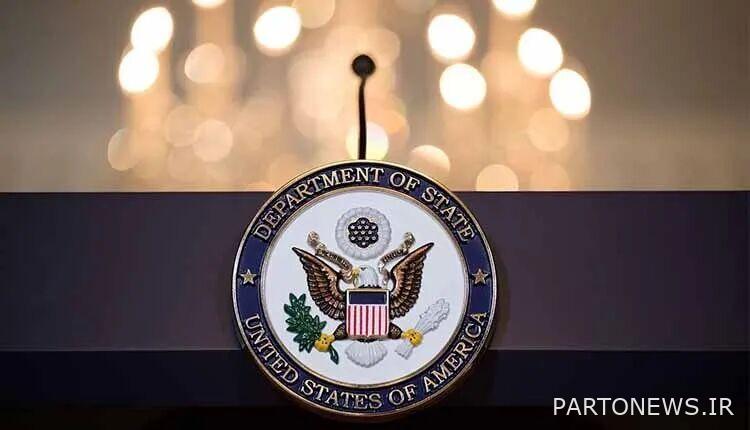America: There is still no understanding about the JCPOA

US State Department spokesperson Vedant Patel told reporters on Tuesday local time: “There are no new developments regarding the Joint Comprehensive Plan of Action.” An understanding has not yet been reached and the situation remains as I explained yesterday.
This American official added: America sent the answer to the European Union last week, and now it is Iran that has to answer.
Vedant Patel, Deputy Spokesman of the US Ministry of Foreign Affairs, in a telephone meeting with American journalists on Monday evening local time, stated that Washington has responded to the European proposal, and continued to throw the ball of the Vienna negotiations in Iran’s court and claimed that it is now up to Iran to comply with the text. We respond.
The Deputy Spokesperson of the US State Department regarding the position of the Biden administration regarding the start of uranium enrichment by IR-6 centrifuges in Natanz, repeating his country’s claims, added: Washington still believes that mutual return to adherence to the JCPOA is in line with the national interests of the United States and the best way to prevent Obtaining nuclear weapons.
The Deputy Spokesperson of the US Ministry of Foreign Affairs stated that we are having intensive discussions with Israeli partners about Iran, and emphasized that the Zionist regime has no closer supporter for its security than Joe Biden.
White House Spokesperson Karin Jean-Pierre claimed at a press conference on Monday evening local time that Washington had a principled approach from the beginning of the Vienna negotiations, and claimed that if Iran is ready to fulfill its obligations under the 2015 nuclear deal, we will do the same. gave
The spokesman of the White House stated that the US has submitted its response to Iran’s requests regarding the European Union’s proposals, and emphasized that we do not negotiate openly and we are in contact with the European Union.
Previously, John Kirby, the strategic communications coordinator of the White House’s National Security Council, also said: America is closer to reviving the Joint Comprehensive Plan of Action (JCPOA) with Iran.
According to IRNA, the new round of negotiations to lift Iran sanctions after a five-month break began on August 13 in Vienna, and these negotiations ended after four days on August 17 when the delegations returned to the capitals.
The holding of this round of negotiations took place after the European Union’s foreign policy official claimed in the Financial Times newspaper that he has put a new proposal package on the table, which includes up-to-date solutions regarding the lifting of sanctions and Iran’s nuclear steps.
On August 25 (August 16), the Islamic Republic of Iran sent its comments and requests regarding the European Union’s proposals for sanctions relief negotiations in Vienna, and after more than a week, the United States sent its opinion on September 2 (August 24). He presented this to the European Union.
Following the end of this round of negotiations, the American and European Union officials claimed that the final text was presented to all parties, which cannot be changed and should either be accepted or the negotiations declared a failure, which is this claim by the Iranian Foreign Ministry official. It was rejected and it was announced that due to the continuation of discussions on several important issues, we are not yet at a stage where we can talk about the finalization of the text of the agreement in Vienna.
US Special Representative for Iran Robert Malley also announced that no agreement has been reached (on the nuclear negotiations) because there will be no agreement until all issues are agreed upon.
The talks have reached the crucial stages while reaching the finish line and the final agreement is pending the political decisions of the West, especially the United States of America as the party violating the 1994 agreement.
The delegation of the Islamic Republic of Iran emphasizes that it is necessary to reach an agreement, the stability of the lifting of sanctions is guaranteed in some way, and that an issue should not remain as a lever of pressure to be used against Iran in the future, and it is looking for an agreement in which the economic benefit of the people is ensured. Iran’s foreign trade should be removed and illegal restrictions on oil sales should be removed. From this point of view, if the opposite party accepts Iran’s logical demands and the requirements for the formation of a stable and reliable agreement, the final agreement will be reached.

